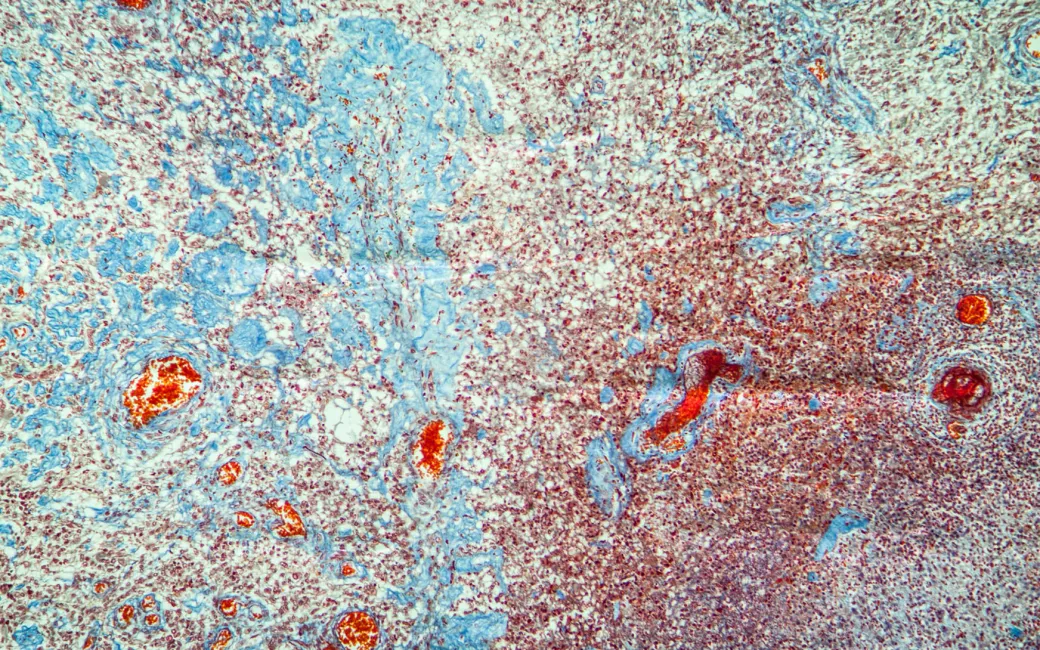Reviewed by Alex SmithOct 14 2022
Scientists from the University of Helsinki, Aalto University, HUS Comprehensive Cancer Center, and Stanford University have designed an artificial intelligence (AI) platform capable of predicting which patients with skin cancer will gain from a treatment that triggers the immune defense system.
 Image Credit: Mostphotos.
Image Credit: Mostphotos.
In reality, the AI model facilitates identifying skin cancer with a blood test, establishing the prognosis, and targeting therapies more and more accurately.
The skin cancer-related research has been published in the respected journal Nature Communications.
The Right Medication for the Right Patient
It has been proven that improving the body’s own defense mechanism is a major positive treatment for skin cancer. The issue with treatments that trigger the immune system is the dissimilarities between patient groups: while some patients are said to be cured, others do not benefit from the treatment.
“Prior research has been unable to provide doctors with tools that would predict who will benefit from treatment that activates the defense system. The correct targeting of therapies is extremely important, since drug therapies are expensive and serious adverse effects fairly common,” stated Jani Huuhtanen, a Doctor and Doctoral Researcher, from the University of Helsinki and Aalto University.
A Complex AI Model for a Straightforward Question
The international research team theorized that the immune cells of patients for whom the unsuccessful treatment do not identify skin cancer as an adversary, which is why the patients do not gain from the therapy.
Employing the AI model, the team examined samples from approximately 500 patients with skin cancer and compared them with the samples of nearly 1,000 healthy persons.
To assist in the analysis, the team used another AI model built by the Mark M. Davis Lab at Stanford University. Based on these samples, the scientists just assessed the number of immune cells that identified skin cancer.
As estimated, more skin cancer-detecting defensive cells were spotted in patients with melanoma than in healthy patients.
“This finding may in the future make it possible to identify skin cancer from a blood sample,” says Professor of Translational Hematology Satu Mustjoki from the University of Helsinki and HUS Comprehensive Cancer Center.
Furthermore, patients with skin cancer who had more defensive cells that recognized skin cancer cells were more probable to gain from treatments that trigger the immune system than those missing such cells.
Focusing the AI Model on Other Cancer Types
The application of AI models in the field of medicine has increased substantially, but applying them in patient care needs a long-term partnership between doctors and scientists studying AI.
In future studies, our aim is to explore the utilization of the AI model now developed and investigate whether it can predict treatment responses also for novel cancer drug therapies still in development.
Harri Lähdesmäki, Associate Professor of Computational Biology and Machine Learning, Aalto University
“Our AI model is agile and adaptable, making it possible to calculate the number of cancer-sensing defensive cells also in the case of other cancers, including breast cancer, lung cancer, and blood cancers,” Jani Huuhtanen adds.
“All of our research is based on open-source software, which makes our AI model available to other researchers and doctors, also enabling its further development,” added Jani Huuhtanen.
The researchers acknowledge funding from the European Research Council, the Sigrid Jusélius Foundation, the Cancer Foundation Finland, the Academy of Finland, and the Gyllenberg Foundation. The study was conducted under the iCAN Digital Precision Cancer Medicine flagship platform sponsored by the Academy of Finland.